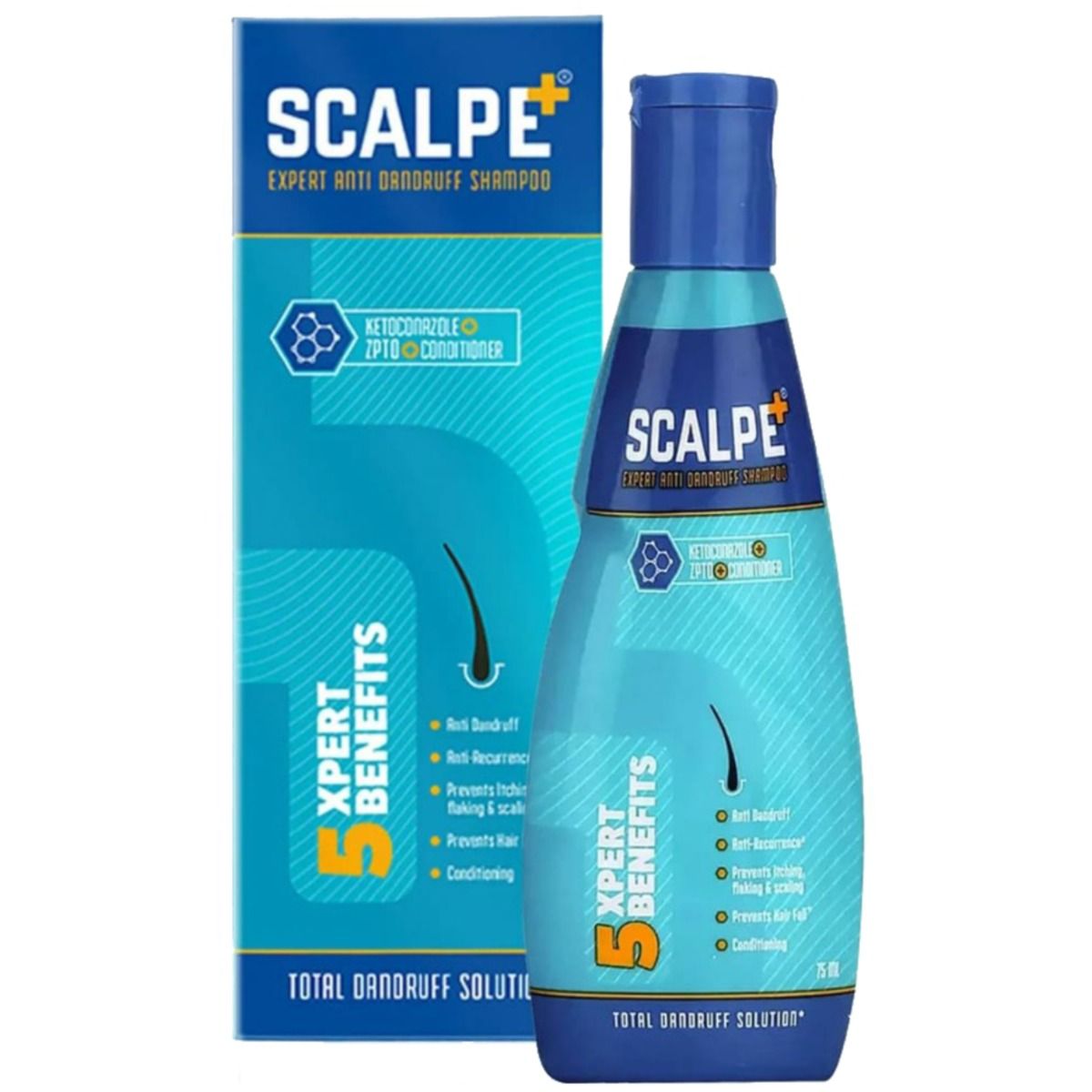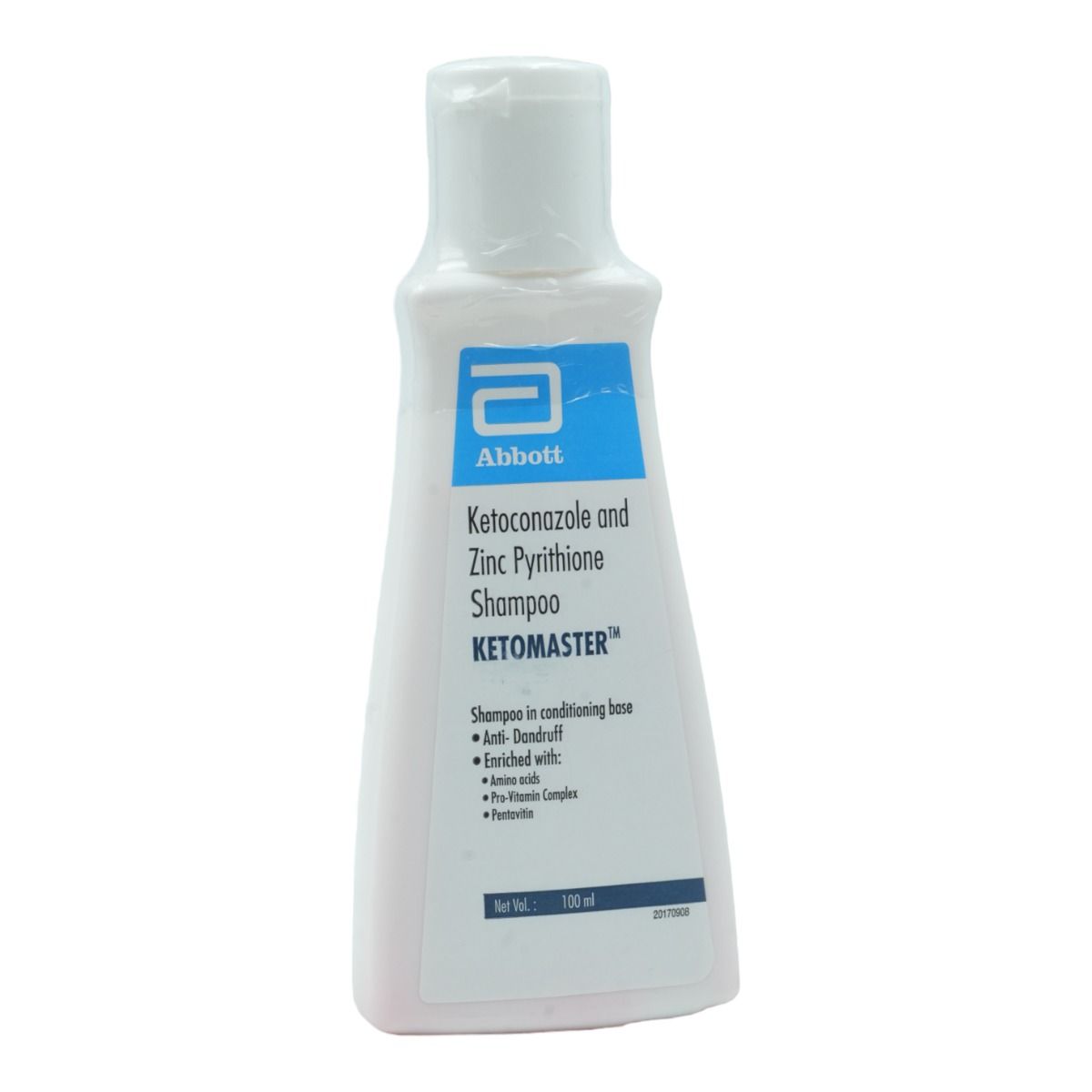Kiton Soap
Kiton Soap is used to prevent fungal infections of the skin like seborrheic dermatitis (dry, flaky skin on face, scalp, chest, upper back or ears). It works by damaging the fungal cell membranes and killing fungi, thereby slowing the growth of dandruff on the scalp. Some people may experience side effects such as itching, redness, irritation or burning sensation at the site of application. If you are using any steroidal cream, lotion or ointment, inform your doctor before using this.
₹44.91*
MRP ₹49.9
10% off
₹42.41*
MRP ₹49.9
15% CB
₹7.49 cashback(15%)
Free Delivery
With Circle membership
(Inclusive of all Taxes)
This offer price is valid on orders above ₹800. Apply coupon PHARMA10/PHARMA18 (excluding restricted items)
Know Your Delivery Time
Provide Delivery Location


Secure Payment

India's Most Trusted Pharmacy

Genuine Products
Composition :
Manufacturer/Marketer :
Consume Type :
Return Policy :
About Kiton Soap
Kiton Soap belongs to a class of dermatological medication called 'antifungal' primarily used to prevent fungal infections of the skin like seborrheic dermatitis (dry, flaky skin on the face, scalp, chest, upper back, or ears). Seborrheic dermatitis is a type of dandruff that causes an itchy rash with dry, flaky scales on the skin that contains oil glands, such as the scalp, face, back, and upper chest.
Fungal cell membranes are essential for their survival as they prevent the entry of unwanted substances into the cells and stop the leakage of cell contents. Kiton Soap works by causing holes in the fungal cell membranes and killing fungi, thereby slowing the growth of dandruff on the scalp.
Use Kiton Soap as prescribed. Your doctor will recommend you how often you take Kiton Soap based on your medical condition. Some people may experience itching, redness, irritation or burning sensation at the application site. Most of these side effects do not require medical attention and gradually resolve over time. However, if the side effects persist or worsen, please consult your doctor.
Avoid contact of Kiton Soap with nose, ears, mouth or eyes. If Kiton Soap accidentally comes into contact with these areas, rinse with water thoroughly. If you are known to be allergic to Kiton Soap or any other medicines, please tell your doctor. If you are pregnant or a nursing mother, it is advised to consult a doctor before using Kiton Soap. Avoid smoking or going near naked flames as Kiton Soap catches fire and burns easily. If you are using any steroidal cream, lotion or ointment, inform your doctor before taking Kiton Soap. Do not swallow Kiton Soap. In case of accidental swallowing, contact a nearby poison control centre or consult a doctor immediately.
Uses of Kiton Soap
Directions for Use
Medicinal Benefits
Kiton Soap is a combination of two antifungal drugs, namely Ketoconazole and pyrithione zinc, that is primarily used to treat fungal infections of the skin such as seborrheic dermatitis (dry, flaky skin on the face, scalp, chest, upper back or ears). The fungal cell membranes are essential for their survival as they prevent the entry of unwanted substances into the cells and stop the leakage of cell contents. Kiton Soap causes holes in the fungal cell membranes and kills fungi. It clears fungal infections and relieves cracking, burning, scaling, and itching of the skin caused by infections.
Side Effects of Kiton Soap
Itching, redness, irritation or burning sensation at the site of application
Storage
Drug Warnings
If you are using any steroidal cream, lotion or ointment, inform your doctor before taking Kiton Soap. Avoid contact of Kiton Soap with nose, mouth or eyes. In case Kiton Soap comes in contact with these areas accidentally, rinse with water thoroughly. If you are known to be allergic to Kiton Soap or any other medicines, please tell your doctor. Avoid smoking or going near naked flames as Kiton Soap catches fire and burns quickly. Do not swallow Kiton Soap. In case of accidental swallowing, contact nearby poison control centre or consult a doctor immediately. For breastfeeding and pregnant women, Kiton Soap should only be used if it is needed.
Diet & Lifestyle Advise
- To fight inflammation (swelling and redness), eat foods rich in anti-inflammatory properties, such as tomatoes, olive oil, plenty of green, leafy vegetables, strawberries, cherries, blueberries, bell peppers, sweet potatoes, almonds, avocados, and wheat germ.
- Take fish oil supplements, as they help suppress flare-ups of dermatitis triggered by allergies and boost overall immunity.
- Regularly wash the affected areas with a mild shampoo.
- Use conditioners, shampoos and other products containing tea tree oil as they might help to relieve itching.
- Avoid styling hair sprays and gels during a flare.
- Avoid alcohol-based products as they trigger a reaction.
Habit Forming
Country of origin
Manufacturer/Marketer address
Author Details
We provide you with authentic, trustworthy and relevant information
Disclaimer
Product Substitutes

















